Psychedelic treatment is quickly becoming a mainstream method for addressing clinical depression and depression symptoms. Ibogaine is one of these methods gaining traction for depression.
Let’s explore what ibogaine is and how ibogaine addresses depression symptoms in the physical brain, then look at the mental and spiritual effects of ibogaine and the psychedelic experience. Lastly, we will look at recent studies on ibogaine and find out whether or not ibogaine is an effective alternative for treatment.
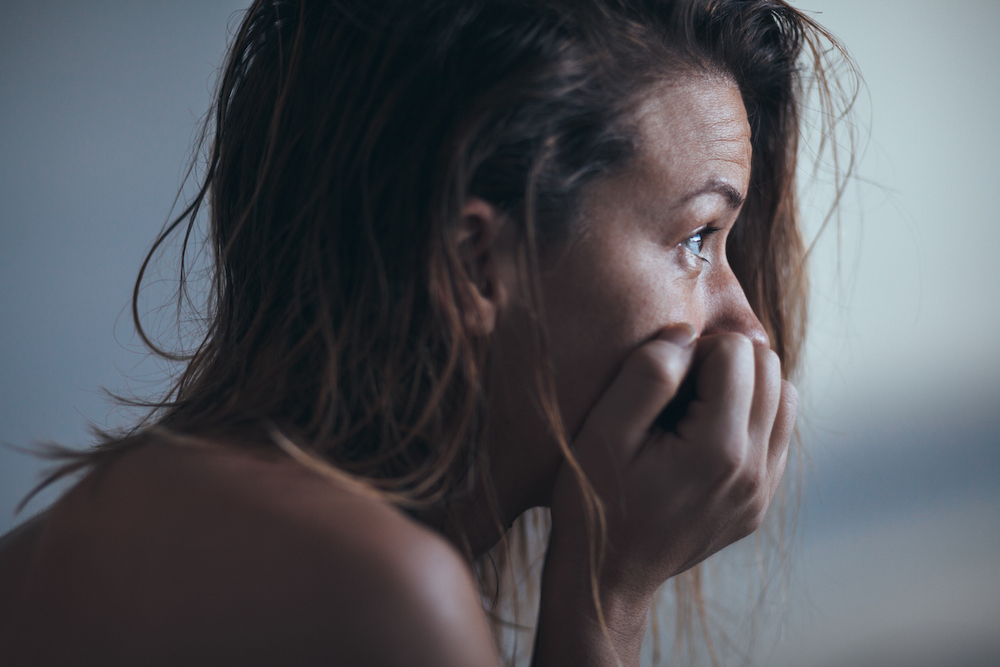
Understanding Depression
Depression is a serious medical condition that causes feelings of sadness, hopelessness, or other negative feelings. These symptoms can range from mild to severe–leaving some people unable to perform the functions necessary to live life on a daily basis.
There are many different types of depression. There are also different causes of depression. These causes range from physical changes in the brain to chemical imbalances or a combination of both of these factors.
Physical changes in the brain lead to a negative thought process that causes further negative effects. In this way, depression itself has a snowball effect which further compounds symptoms.
There are many traditional methods for treating depression, but these approaches are often unsuccessful, especially over the long-term.
Ineffective traditional methods lead many individuals to psychedelics. More specifically, many are trying Ibogaine, because of its unique ability to target and heal areas of the physical brain while improving mental outlook and thought processes.
Ibogaine Treatment for Depression

Ibogaine is a psychedelic medicine originating from Africa. For centuries, ibogaine was used by native tribes as a psychoactive medicine for healing and community building.
More recently, ibogaine became a treatment for addiction. The best ibogaine clinics offer ibogaine to those struggling with addiction because it uniquely addresses withdrawal symptoms.
Now, evidence suggests ibogaine shows promise as a treatment for depression.
This is because of the many different ways that ibogaine works.
- Physically–Renewing and rewiring the brain
- Mentally–Addressing negative belief systems
- Spiritually–Conveying self-worth and purpose
Let’s look at each of these three areas individually.
Ibogaine and the Physical Brain
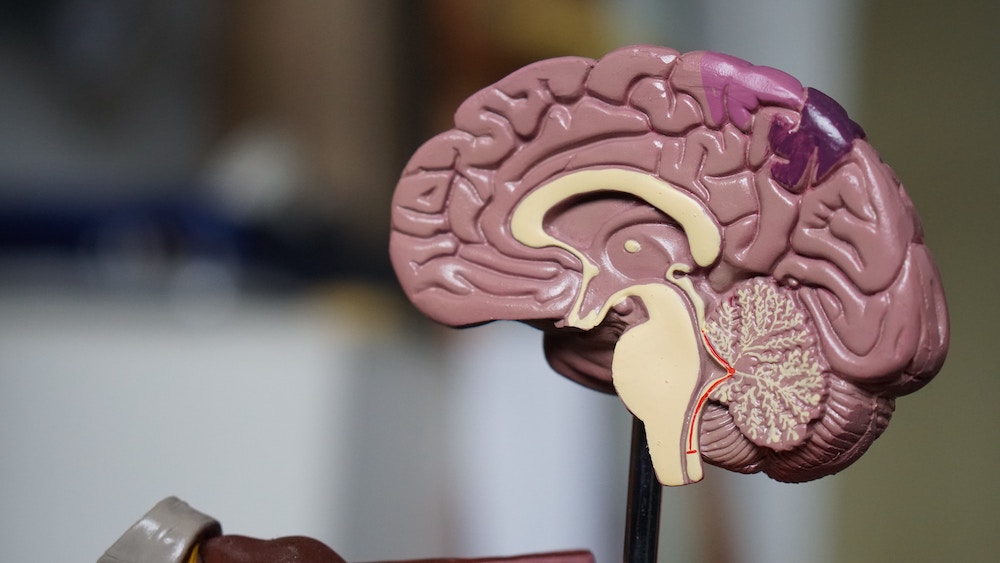
First, we have the physical treatment. Ibogaine heals the brain in ways other treatment methods cannot.
Even compared to other psychedelic medicines, ibogaine is unique in its mechanism of action in the physical brain.
Ibogaine works to:
- Reset production of serotonin and dopamine
- Rewire negative neural pathways
- Renew neurons that receive natural chemicals
In these three ways, ibogaine works in the brain to address and treat the underlying causes of depression. Let’s explore each of these three methods in more depth.
Reset
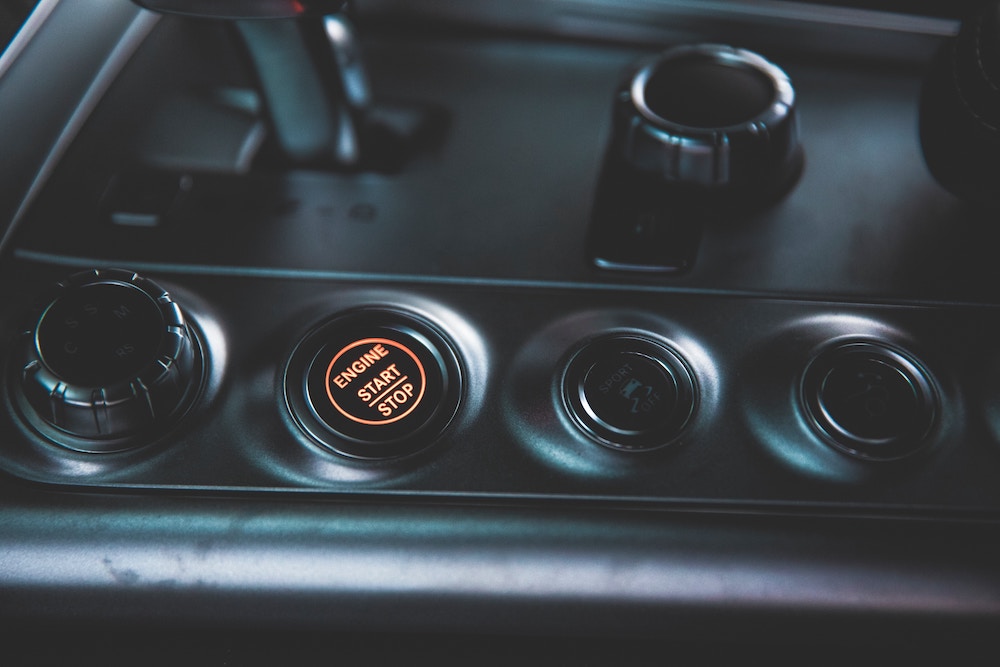
First, we have ibogaine’s ability to reset the chemical functionality in the brain.
A major cause of depression is low serotonin and dopamine production. These chemicals are responsible for mood, positive emotions, and satisfaction.
If the systems that produce these chemicals become damaged, it may cause depression.
This is typically why medications are prescribed for depression. Antidepressant medicine works to increase neurotransmitters produced in the brain. Helping the individual to feel better than they previously did.
However, this is not a fix, but a short term solution. These drugs may help produce more of these chemicals in the brain, but they do not address the underlying problems.
Ibogaine is thought to reset functionality and production of serotonin and dopamine in the brain.
Where medication is simply a band aid approach, ibogaine resets the areas in the brain responsible for neurotransmitter production and helps underlying causes of depression.
This allows the individual to begin producing their own feel good neurotransmitters naturally again–effectively addressing one of the root causes of depression itself.
Rewire
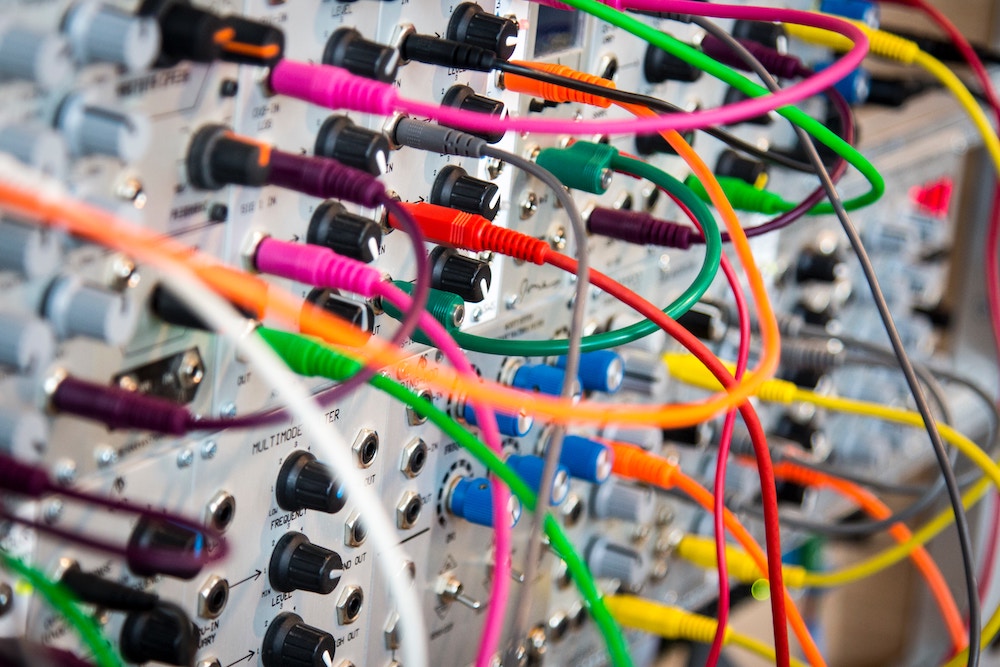
Ibogaine is also able to address current belief systems and ingrained habits by physically rewiring the brain.
Where the unhealthy brain becomes a system designed to support current depressive behaviors, ibogaine enables healing and change.
This happens through a process called neuroplasticity.
Those with depression often develop neural networks that support the feelings of depression. Habits and behaviors develop around depression and are reinforced by those same neural networks.
It’s a vicious, negative cycle that compounds on itself.
This makes it nearly impossible for an individual suffering from depression to simply change their day to day habits. It becomes too difficult.
These networks are literally the brain’s habit systems. Ibogaine makes it easier to change quickly from old habits and create new, positive habits with much less effort.
Ibogaine offers a neuroplasticity effect that allows the brain to change and adapt. It interrupts these old habit centers in the brain. Then, through neuroplasticity, it promotes new cell growth making it easier for the individual to create new, healthy habits.
This allows the individual to address negative belief systems and negative daily habits that have developed over time. Through this rewiring effect, it is easier to create positive life changes.
Renew

Depression also affects receptors in the brain. Where low serotonin and dopamine production can cause depression, the receptors that “receive” these chemical messages can also become damaged.
Over time, depression continues to damage these receptors and inhibits the creation of new receptors. This contributes to the compounding negative effects of depression.
Ibogaine works to renew the brain and the neurons that receive these natural chemicals like serotonin and dopamine.
The renewing effect helps heal the parts of the brain responsible for mood, joy, happiness, eating, sleeping, and regulating daily activity.
With that, the individual can feel normal again from natural day to day activity and begin building their life in a positive direction.
These are the three ways ibogaine addresses the physical effects of depression in the brain. By resetting neurochemicals produced by the brain, rewiring the brain’s habit center, and renewing neurons that receive positive chemical messages ibogaine is able to address physical symptoms of depression in a unique way.
But depression is not only a physical issue. There are also thought processes that contribute to depression. Let’s look at how ibogaine heals mental struggles through the psychedelic experience.
Psychedelic Experiences and Mental Healing
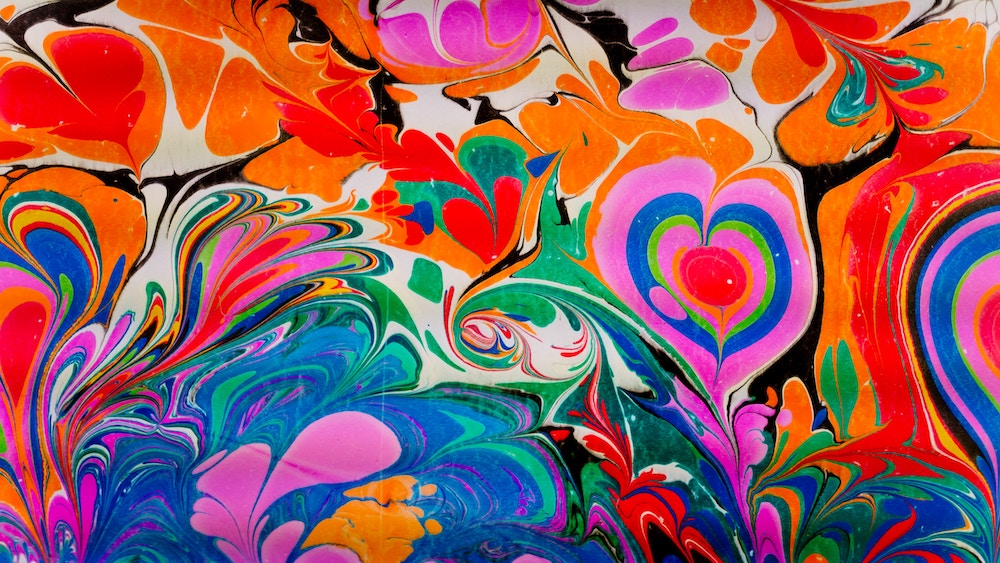
Studies on psychoactive drugs like ibogaine show promise for treating depression through the psychedelic experience.
However, many scientists and researchers are looking for ways to remove the psychedelic experience from the process.
But what if the psychedelic experience plays a part in the experience of healing from depression?
Studies have shown that this is the case. The psychedelic experience helps improve mental health, and has shown that those with the “highest insightful and mystical experiences and low challenging experiences showed the most benefit.”
Without the psychedelic experience, the healing properties of ibogaine and other psychedelics may be short-lived.
The Benefits of the Ibogaine Experience
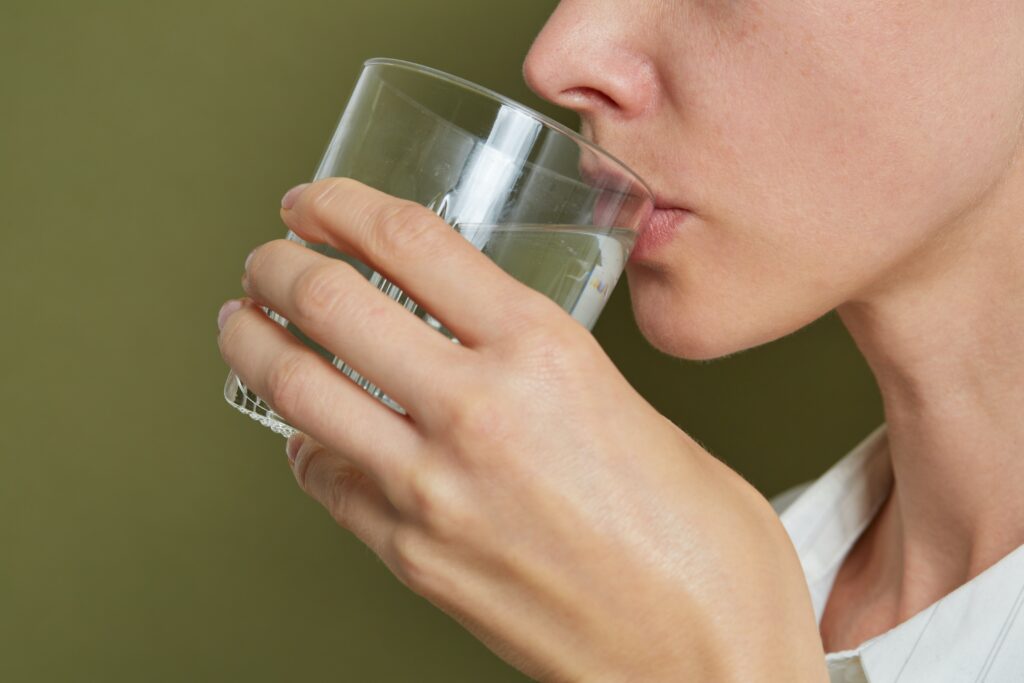
The psychedelic experience offers benefits not found in traditional medicine.
Oftentimes, depression is associated with negative belief systems. Breaking free from these perceptions is difficult.
The psychedelic experience helps an individual detach, viewing themselves and their life from a unique perspective.
Psychedelic experiences commonly include:
- Increased Introspection
- Personal Acceptance
- Spiritual Awakening
- Feelings of Joy
- Sense of Well-Being
In one study, participants who took psychedelics described it as one of the “most meaningful and spiritually significant experiences of their lives.”
One of the foremost reasons ibogaine and other psychedelics work so well for depression is that they offer a uniquely insightful experience that can change beliefs and perspectives on life.
With ibogaine, the physical brain is altered to accept new beliefs while the psychedelic experience offers life changing mental benefits. This synergy may give ibogaine a natural advantage against other psychedelics for treating depression.
But this potential benefit is not only mental, but spiritual as well.
Ibogaine and Spiritual Connection

Spirituality is simply a feeling that life has meaning bigger than yourself. A connection to something bigger. An unexplainable feeling that life has purpose.
These are some of the spiritual benefits that come from ibogaine. Ibogaine creates an ego dissolution, or a feeling of oneness with the universe and the world around you.
For depression, these peak psychedelic experiences help an individual find joy, purpose, and lasting change.
Where physical changes help heal the brain, these spiritual experiences help an individual find motivation through purpose and meaning.
Where there were previously feelings of despair, these experiences offer feelings of happiness. This experience offers profound and meaningful change in the lives of those struggling with depression.
Set and Setting

A key factor in positive outcomes from psychedelic use is set and setting.
The place you are in when you take a psychedelic (set) and the mood and feeling in that environment (setting) will have a profound effect on the overall experience.
This influence is more than anecdotal, studies have shown that the set and setting have an impact on the overall psychedelic experience.
This is why it’s important that the set and setting of your ibogaine treatment is a positive one. Being in a safe, comfortable environment increases the likelihood that an experience with ibogaine is effective and beneficial.
The spiritual experience can be extremely helpful for those suffering from depression. It brings positive changes that may help increase the likelihood of long-term recovery from clinical and other forms of depression.
Studies on Ibogaine for Depression

There have been interesting results from studies on ibogaine. Here are a few worth noting for those with depression.
Study: Ibogaine Microdosing for Depression (2022)
The first study is specifically on ibogaine for depression. This study was conducted by microdosing ibogaine HCL which is not a typical treatment method offered by an ibogaine clinic. However, it may be similar to the low-dose protocol ibogaine treatment method offered by some clinics.
Regardless, the results are promising. The patient reported:
- Mental Clarity
- Organized Thinking
- Positive Future Prospects
- Boosted Appetite
- Increased Initiative
- Restored Social Interaction
Most importantly, the study concluded that ibogaine offered “improvement of depressive and anxiety symptoms.”
Psychedelics: Predictable Effects on Depression (2023)
This study involved mystical experiences and the ability of psychedelics to treat depression.
The study concluded that psychedelics:
- Reduced Anxiety
- Reduced Depression
- Improved Psychological Well-Being
These results illustrate the benefits of the psychedelic experience and its positive effect on the outcomes of psychedelic treatments like ibogaine.
Effects of Naturalistic Psychedelic (2022)
Lastly, this study on therapeutic benefits of psychedelics for depression and wellbeing gives further insight into the benefits.
“Psychedelic use…was associated with large effect size reductions in depression and anxiety and marked improvements in emotional well-being.”
Participants reported:
- Transformation of Mind
- Change in Attitudes
- Emotional Breakthroughs
- Mystical Insights
- Increase in Selflessness
- Increase in Social Behavior
All of these benefits work together to help address symptoms of depression. Whether caused by physical issues or negative belief systems, psychedelics, and specifically ibogaine, may be the treatment individuals are looking for.
Can Ibogaine Cure Depression?

Is ibogaine a cure for depression? Currently, there is no definite answer to this question. However, research suggests that ibogaine has the ability to target depression and symptoms of depression in ways that other treatment methods cannot.
More research is needed to make any conclusive statements.
Ibogaine is not for everyone. For those considering ibogaine as a treatment for depression, the risks of ibogaine should also be taken into account.
Depression can be treated. Never give up hope.


